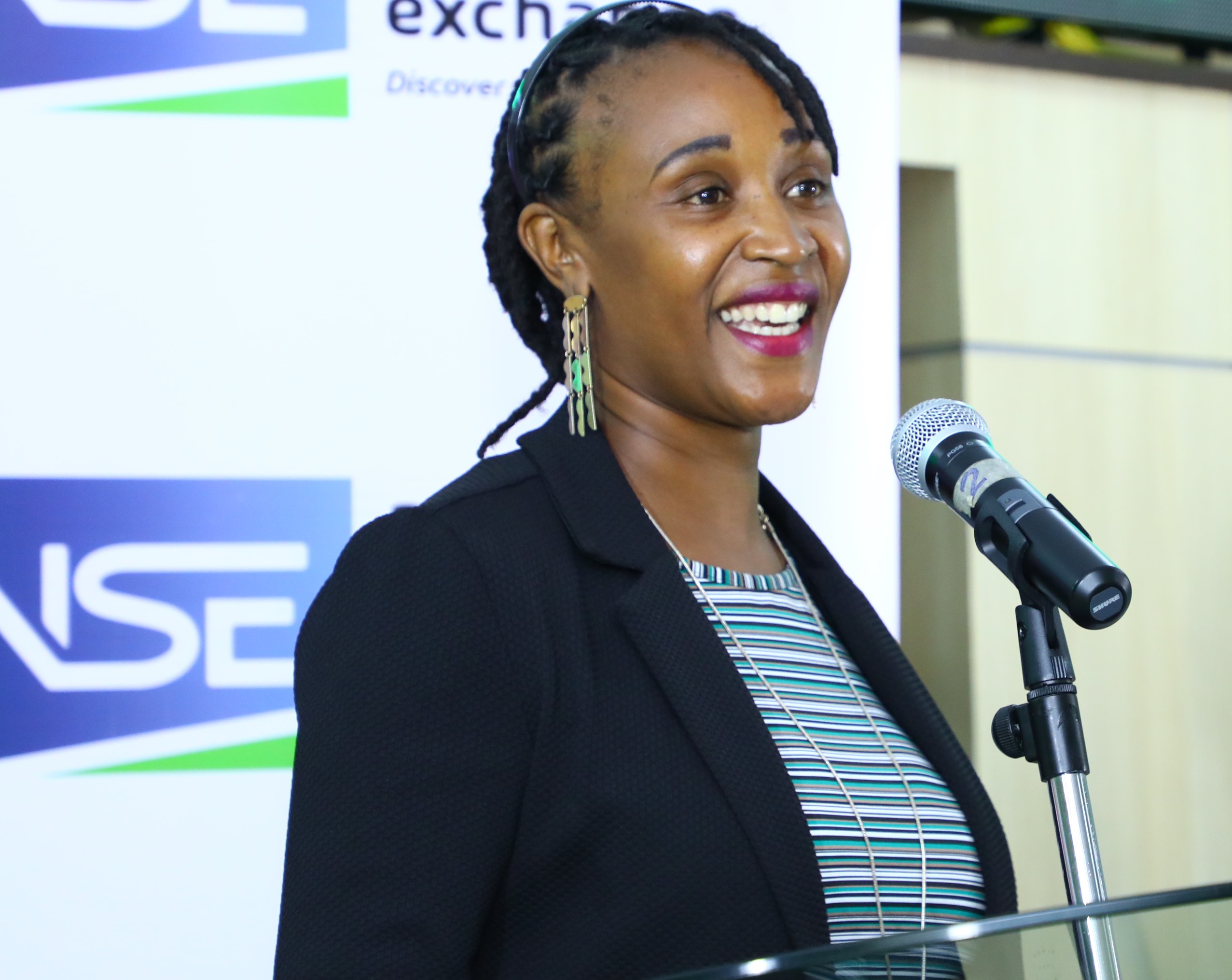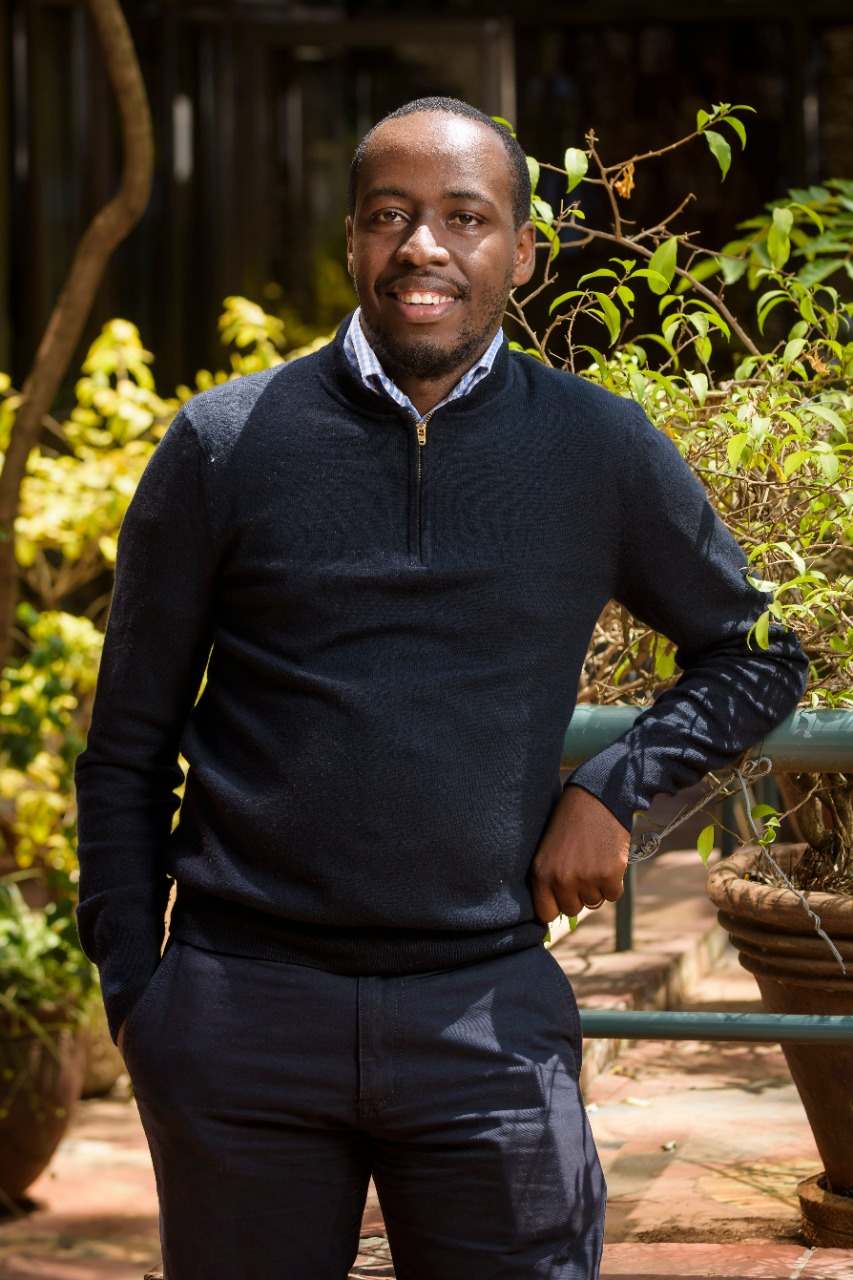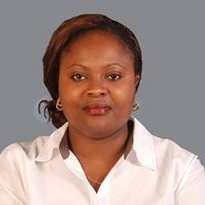By Sharon Kiburi
Nairobi, Kenya: The stability of having a paycheck enables one the ability to meet their bills and providing a cushion in these economically challenging times. We met businesses and professionals who were able to tell us how they have pulled through the ongoing Global pandemic.
Meet Wanjiku Wambugu, she is the Chief Executive Officer of the Nyali Capital in Mombasa, Kenya, a microfinance business that does Local Purcahse Order (LPO) financing.
She is an accountant by profession and a mother of three. In the current pandemic times, businesses and individuals have been affected.
However, the COVID-19 pandemic has brought out the appreciation of a salary and its value in individuals’ lives and society.
The loss of jobs and pay cuts have negatively affected the living standards of people with many having to adjust their lifestyles to suit the new normal.
Wanjiku noted there was less business coming for Nyali Capital, and even less income of collection from LPOs lent due to the current economic status in Kenya.

“The strain on businesses during the pandemic has led to organizations justifying the employees’ input versus the company’s output in terms of paychecks for their employees,” said Wambugu.
As the pandemic continues, many in Kenya are worried about their paychecks. A paycheck gives individuals a standing ground to get a bank loan and advances. It offers an individual safety net for day-to-day living.
The economy also grows and benefits from individuals having paychecks because of the trickle effect of buying and selling as money is changing hands.
Contract negotiations and the mode of doing business also changed. At Nyali Capital, they adopted online meetings, embraced open conversation on the status of the business income generation.
“I saw my staff become resilient and innovative in bringing business in their capacity; their entrepreneurial capability has been helpful to the company,” says Wambugu.
Nyali capital has taken the initiative to ensure their employees are growing and developing a financial muscle. Wanjiku encourages the employees to save in Ecobiz SACCO, ran by Nyali Capital.
“My house helps saves in the Ecobiz; the principle is not about how much you earn. It is about the little you put aside that allows you the opportunity to grow to the next level,” notes Wambugu.
Saving in the Ecobiz SACCO or any other SACCOS gives you grounds to acquire a loan; the ability to access finances is vital for development and investment. Ecobiz also extends its service to Small and medium entrepreneurs.
Also, Nyali Capital has enhanced the relationship with its employees by incorporating psychologists to assist the staff with self-care.
“I believe it takes a holistic approach for an individual to be productive. Hence when employees are getting their daily bread, growing financial muscle, and getting emotionally well, they can be more effective in their duties,” says Wanjiku as Nyali Capital has increased team activities to encourage bonding and building on their self-esteem.
Adding “I don’t think our salaries are enough to meet our goals, borrowing for a business and a suitable payment structure is excellent for investment and financial growth” she affirms.
Gabriel Mwangi Waweru, a Nairobi-based architect, recalls his first paycheck “I began as an intern and was paid five thousand Kenyan shillings (fifty dollars). I used the fifty dollars for transport to work and a few dates” he laughs.
After his internship at Jawkim Firm he got a job and has now been working for the last ten to eight years.
“Over the years, I have risen through the ranks to managerial level and I am passionate about the work” says Waweru.
Waweru asserts “My paycheck enabled me to pay for my wedding expenses without incurring debt. It had offered me an opportunity to save in SACCOs and ensured a loan since my employer guarantees, as well enabling me to join an investment group.”
In the past, Waweru said his savings from his paycheck enabled him to open other businesses that generated additional income currently, he has had to close them to concentrate on his duties at the firm and on his family.
The pandemic affected Waweru’s paycheck, which was reduced from his usual salary since the firm had been hit negatively business-wise in this season.
“It meant I had to adjust and cut down on expenses, get rid of things we could go without as a family. My paycheck has a trickle-down as I service loans, paying household employees, saving and community services, giving all which I had to rethink and adjust to stay afloat,” added Waweru.

Waweru’s paycheck is beyond money it includes mileage on transport, housing allowance, and a health insurance. The ability to have this allowance makes the standard of living bearable despite the harsh economic times.
“The current debt that Kenya is acquiring goes to service expenditure instead of development as well as the lack accountability is worrying to me as a Kenyan citizen” he says.
January Wangui a human resources professional, explains that an excellent structural payroll means that businesses can store data and information, produce payroll reports, and efficiently transmit salary information to respective banks.
Further, when you have individual salary information for all your staff on a system, decision-making is easier, faster, and more reliable.
“There is always an anxiety in the relationship between employees and employers before employees receive a paycheck. Once an employee continuously receives their salary month to month, it creates a bond of trust,” says Wangui.
Wangui explains, when an organization or company cannot meet their employees’ salaries, the relationship sours, and most employees may walk away. They have bills and responsibilities to fulfill.

“Having a paycheck allows people to meet personal or other obligations, make plans and investments, and gives a sense of personal financial freedom. It´s a morale booster in many ways as money gives people the ability to meet all kinds of needs and wants,” says Victor Ackel, Head of Human Resources and Administration Médecins Sans Frontières/Doctors Without Borders (MSF) Eastern Africa.
Adding that the paycheck determines the kind of lifestyle people can adopt, coupled with knowledge on finances and how to allocate income between spending, saving & investments.
Moreover, Ackel noted that a paycheck could have a strong influence on people´s ability to access capital. Investments can be acquired mainly through savings or loans. A salary serves as a valuable means for accessing different kinds of investments depending on the level of income and the amount of savings a person has.
A paycheck also gives external parties that confidence or trust towards a guarantee of payment for personal commitments such as loans, which offers the possibility to make investments and access loans beyond their regular income.
“In the current economic times for most individuals, being on payroll means they know how much income they will receive, allowing them to plan and build in contingency, so important as we face tough economic times. Similarly, businesses can plan effectively, including how to manage costs during tough economic times. The payroll gives a clear financial picture and can allow for effective calculation of the implications of any changes that might have to be made,” explains Ackel.
It is paramount for organizations and companies to ensure that data integrity is maintained with high accuracy while meeting legal and statutory requirements. Investment in a stable and secure payroll/HR system is essential, ensuring that qualified staff is in place to manage it.
Whether one has a paycheck, less pay, and no salary at the end of the month it affects the quality of life, families are involved, access to health, entrepreneurship, businesses, and the economy have been affected by the COVID-19 crisis.














